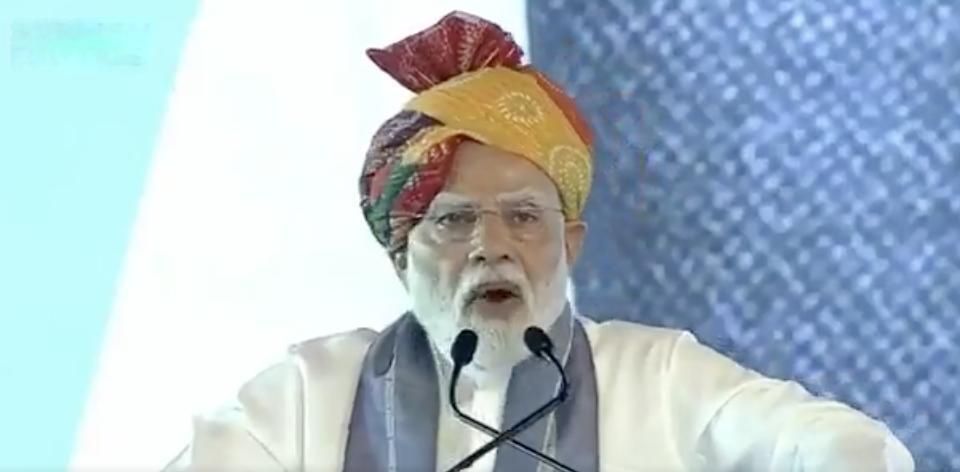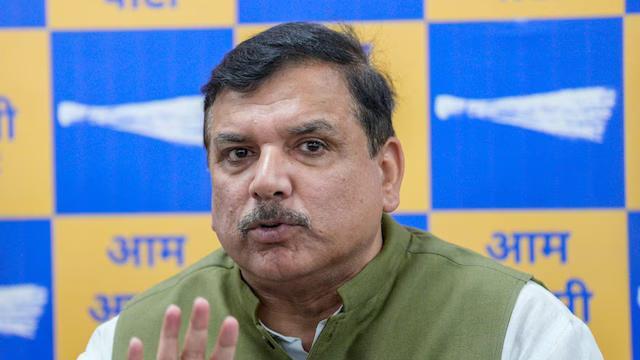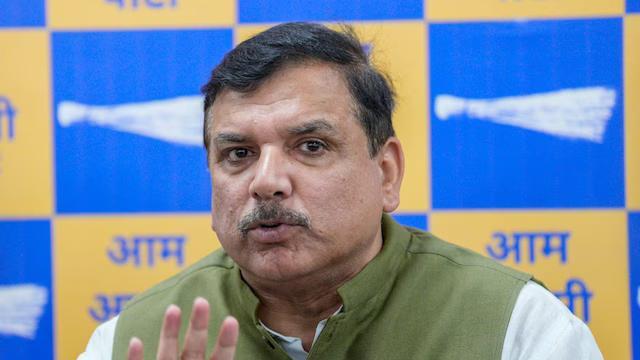
Muslim Youth Wouldn’t Have to Fix Punctures if Waqf Land was Used for Their Welfare: PM
In a recent rally in Haryana’s Hisar, Prime Minister Narendra Modi launched a scathing attack on the Congress party, accusing them of misusing Waqf land for personal gain. Waqf land refers to the property and assets of the Muslim community, which are managed and maintained by the Waqf Board. During his speech, the PM emphasized that if Waqf land was used honestly and for the welfare of the poor, Muslim youth would not have to worry about fixing punctures on their bicycles.
The PM’s remarks have sparked a heated debate, with many questioning the government’s motives behind bringing up the issue of Waqf land. However, it is essential to understand the context and significance of Waqf land in India. In this blog post, we will delve into the history of Waqf land, its potential, and the concerns surrounding its misuse.
What is Waqf Land?
Waqf land is a type of property that is dedicated to religious or charitable purposes. The concept of Waqf dates back to the 12th century, when the Mughal Empire was at its peak. The Mughal Sultanate had a vast network of Waqf properties, which were used to support mosques, madrasas, and other religious institutions. Over time, the concept of Waqf spread to other parts of the Indian subcontinent, including present-day India, Pakistan, and Bangladesh.
In India, Waqf land is managed by the Waqf Board, which is responsible for the administration, maintenance, and development of Waqf properties. The Waqf Board is a statutory body that is governed by the Waqf Act of 1995. The Act aims to regulate the management and administration of Waqf properties, ensuring that they are used for the benefit of the Muslim community.
Potential of Waqf Land
Waqf land has immense potential for development and welfare. With millions of hectares of land under its control, the Waqf Board could potentially create employment opportunities, provide affordable housing, and support education and healthcare initiatives. In fact, many Waqf properties are already being used for charitable purposes, such as running schools, hospitals, and orphanages.
However, a significant portion of Waqf land remains underutilized or misused. In many cases, Waqf properties are leased out to private individuals or organizations, who use them for commercial purposes, such as real estate development or business ventures. This misuse of Waqf land has led to concerns about the lack of transparency and accountability in the administration of these properties.
Concerns Surrounding Misuse of Waqf Land
The misuse of Waqf land is a widespread issue in India. In many cases, Waqf properties are sold or leased out to private individuals or organizations without proper authorization or consent from the Waqf Board. This has led to allegations of corruption and mismanagement, with some Waqf Board officials accused of embezzling funds or misusing their positions for personal gain.
The misuse of Waqf land has also led to concerns about the lack of transparency and accountability in the administration of these properties. Many Waqf properties are not properly maintained or developed, leading to a decline in their condition and value. This has resulted in a loss of revenue and resources for the Muslim community, which could have been used for more beneficial purposes.
PM’s Remarks: A Call to Action
The PM’s remarks about Muslim youth fixing punctures on their bicycles if Waqf land was used honestly and for their welfare is a call to action for the government and the Waqf Board. It highlights the need for greater transparency and accountability in the administration of Waqf properties, as well as the need for more effective use of these resources to benefit the Muslim community.
The PM’s comments also underscore the importance of addressing the issue of Waqf land misuse. It is essential that the government and the Waqf Board work together to ensure that Waqf properties are used for their intended purpose, rather than being misused for personal gain.
Conclusion
The issue of Waqf land misuse is a complex and multifaceted one. It requires a comprehensive approach that addresses the root causes of the problem, including corruption, lack of transparency, and mismanagement. The PM’s remarks highlight the need for greater accountability and transparency in the administration of Waqf properties, as well as the need for more effective use of these resources to benefit the Muslim community.
As the debate around Waqf land continues, it is essential that we focus on finding solutions that benefit the Muslim community, rather than perpetuating divisive rhetoric. By working together to address the issue of Waqf land misuse, we can create a more just and equitable society for all.
Source:






